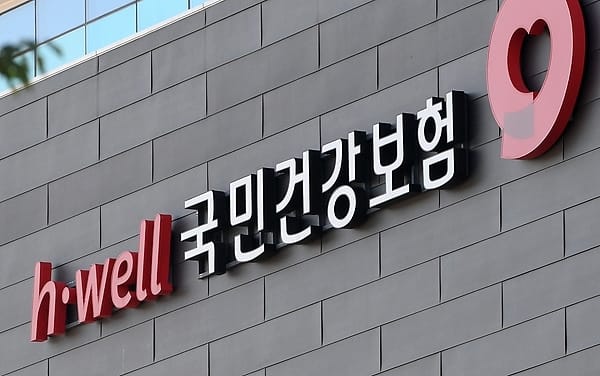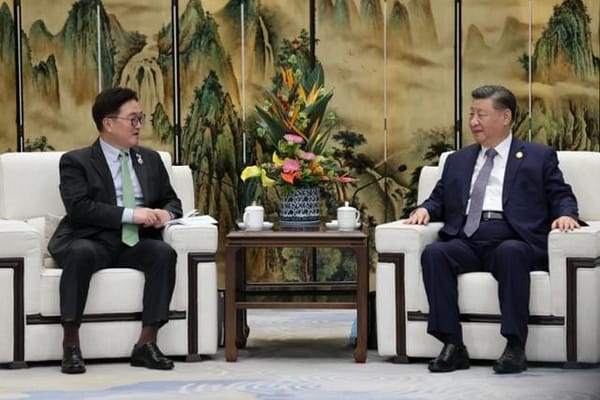Photo: Real estate office in Seoul. Credit: the Blue Roof.
A grim result of Seoul’s rapidly declining real estate market is the death or bankruptcy of highly leveraged real estate investors, evaporating the deposits made by hundreds or even a thousand tenants. This particular type of real estate investors is called a “villa king 빌라왕”, as they typically invest in “villas” - South Korean marketing term for low-rise apartments that resemble tenement housing.
Villa kings amass their properties by leveraging South Korea’s unique jeonse 전세 system to its breaking point. In a jeonse rent, the tenant gives the landlord a very large deposit - typically up to 70 percent of the value of the house - to be returned after two to three years, rather than paying a monthly rent. The landlord is expected to take the deposit, which is functionally an interest-free loan from the tenant, and make an investment to profit off the capital.
The jeonse system took root during South Korea’s developmental era of the 1960s and 70s, when interest rates often climbed above 20 percent and simply putting the deposit into a bank account was sufficient to generate profit. But in a world with low interest rates and soaring real estate prices, jeonse deposits were instead used to acquire even more real estate, in a practice termed “gap investment” 갭투자. The most extreme form of gap investment is that of the “villa kings,” who take tenants’ jeonse deposits and use them to purchase more properties, effectively constructing a massive Ponzi scheme with houses. (See previous coverage, “The Jeonse Time Bomb.”)
As is generally the case with Ponzi schemes, the villa kings were fine until the market began declining. Once South Korea’s real estate market took a nosedive, the villa kings began going bankrupt or worse, dying. In July 2021, a villa king with over 240 housing units turned up dead, leaving his tenants unable to recover their deposits, which totaled over KRW 5.7b (USD 4.9m). In October 2022, hundreds more tenants were left in the lurch when a villa king with 1,139 units of housing suddenly died. Another villa king with more than 60 units suddenly died in December 2022.
The timing of these deaths are raising suspicions, as the individuals named as the legal owners of the numerous housing units do not seem likely to be aspiring real estate magnates. The villa king with 1,139 units was revealed to have been mentally handicapped; the villa king with 240 units bought a housing unit - at least on paper - three days after he died. The police believe the villa kings were co-conspirators in a criminal enterprise, in which multiple investors pool money to create the gap investment Ponzi scheme while setting up a single person who is judgment-proof to take the fall.








